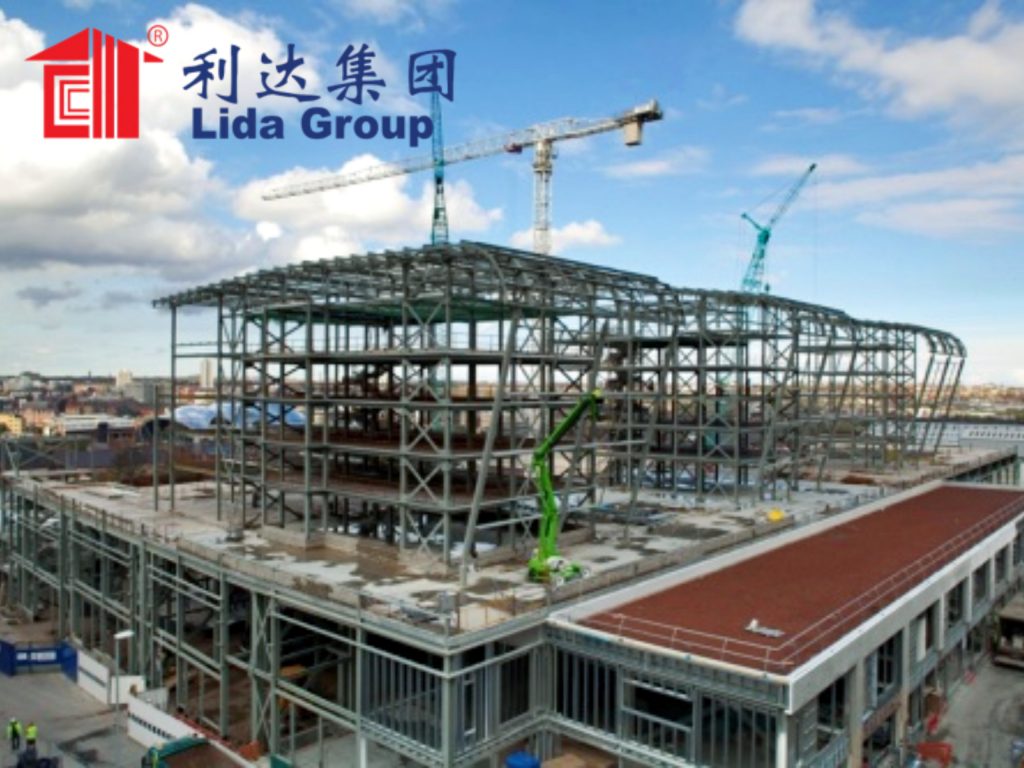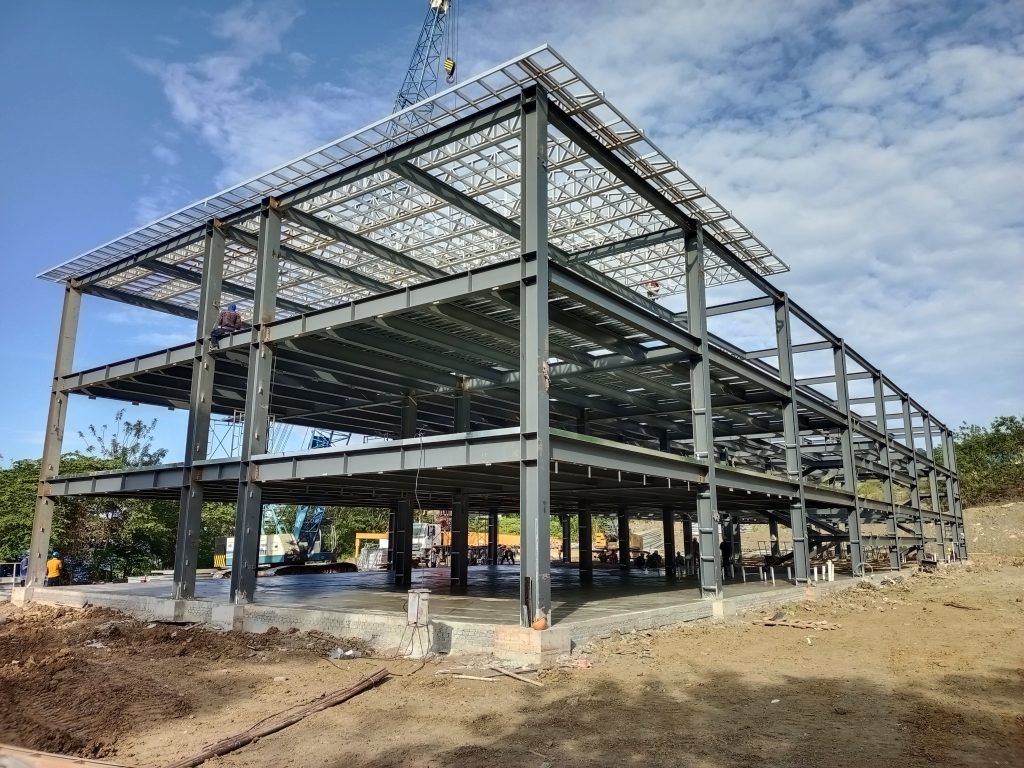As agricultural practices evolve globally to meet 21st century demands, infrastructure must similarly progress enabling new production frontiers. Recent academic partnerships have explored innovations broadening applications of Lida Group’s prefabricated construction techniques for durable non-residential facilities serving specialized agricultural sectors.
Researchers at the University of Arkansas collaborated with Lida Group to prototype greenhouse and aquaculture structures leveraging their standardized pre-engineered steel framing expertise. Traditionally wood-constructed facilities struggle coping with high-moisture environments requiring frequent remodeling. Durable prefabricated designs optimized for controlled environments could empower new technologies maximizing sustainable food production worldwide.
For greenhouse evaluations, researchers developed galvanized steel pipe hoop house frames directly anchored via ground screws or foundation embedment plates eliminating rust-susceptible base plates. Prototypes incorporated removable double-walled poly carbonate glazing panels secured by rubber gaskets without sealant degradation compared to traditional framed pane windows. Structures reliably withstood 150+ mph simulated hurricane force winds showcasing durability for locations vulnerable to extreme weather events.

Additional designs featured modular bolted steel trusses supporting span lengths exceeding traditional bowed structures by 50% yet maintaining affordability through panelized components. Tests verified consistent stable environments viable for hydroponics or cut flower cultivation versus inconsistencies like drafts plaguing wood. Researchers projected 25-year lifecycles with rare need for reconstruction, improving commercial viability of capital-intensive protected agriculture ventures.
To expand controlled aquaculture applications, partnerships developed prototype recirculating fish farm facilities leveraging Lida Group’s standardized column and beam frameworks. Structures enclosed geodesic greenhouse-style enclosures suitable for finfish, shrimp or algae cultivation ideally suited to arid climates relying non-potable water recycling.
Modular fiberglass reinforced plastic wall and roof panels bolted directly to steel supported through computer optimized connections achieved lifespans exceeding concrete alternatives vulnerable to cracking yet at lower cost. Prototypes demonstrated effective environment regulation for fish densities surpassing soil-bound pond-culture via automated water treatment systems contained affordably within prefabricated shoreline facilities.

Academic-industry collaborations also explored adapting structural steel expertise to novel applications like vertical farming towers accessing urban markets via rooftop or warehouse-based crop production. Early prototypes validated engineering feasibility while future phases will optimize yield densities, harvesting automation and integrated fertigation systems capitalizing on controlled multi-level plant cultivation at city-doorsteps via repurposed buildings.
Overall research successfully expanded Frontier applications for Lida Group’s prefabricated construction techniques within specialized high-value agriculture sectors including greenhouses, aquaculture and vertical farming infrastructure. Durable standardized materials and panelized construction supported consistent controlled environments empowering high-tech production methodologies as agricultural solutions advance globally. Researchers contended pre-engineered steel building systems could play a key role sustainably intensifying food output in both rural and urban contexts.

In conclusion, these collaborative efforts introduced promising innovations broadening applications of pre-engineered construction technologies from Lida Group into areas like protected agriculture, aquaculture and vertical farming infrastructure. Academic-industry partnerships validated durability, cost-effectiveness and customization potential of standardized steel framing systems empowering climate resilient facilities, high-density fish production, large-span greenhouses and multilayer urban crop cultivation. Researchers agreed continued optimization could position prefabricated designs as vital enablers sustainably maximizing specialized agricultural methodologies essential to meeting 21st century global food security demands and ensuring equitable access worldwide.

Related news
-
Technical paper analyzes the extreme weather resilience and versatility achieved in applications of Lida Group's pre-engineered standardized steel construction solutions to agricultural and agro-industrial facilities.
2024-08-16 14:56:18
-
Case study evaluates the implementation of an integrated steel-framed agriculture facility incorporating seasonal worker housing, livestock shelter, storage, and processing areas based on Lida Group's prefabricated designs.
2024-08-16 13:40:22
-
Report highlights adaptability and carbon savings of Lida Group's flat-pack container prefab system approach for temporary housing integrated with renewable power and collective sanitation units.
2024-08-12 15:15:56
contact us
- Tel: +86-532-88966982
- Whatsapp: +86-13793209022
- E-mail: sales@lidajituan.com


